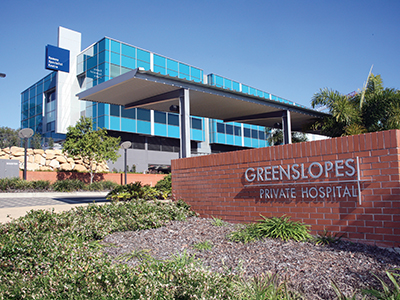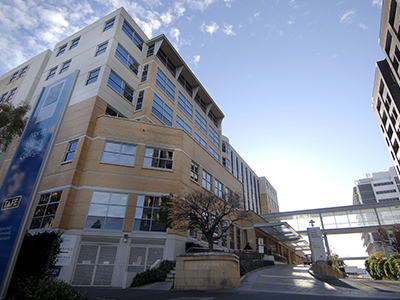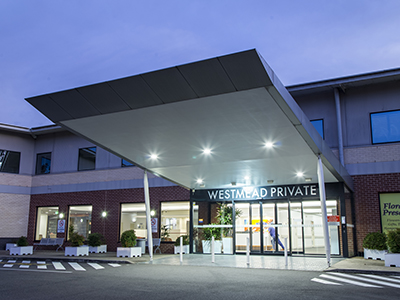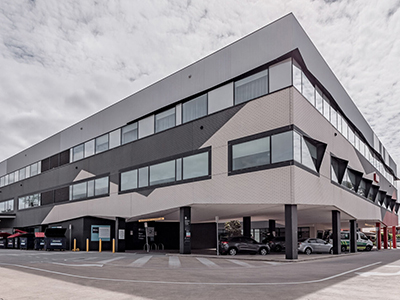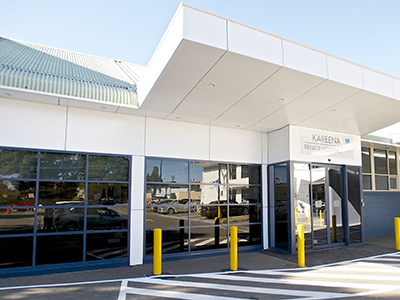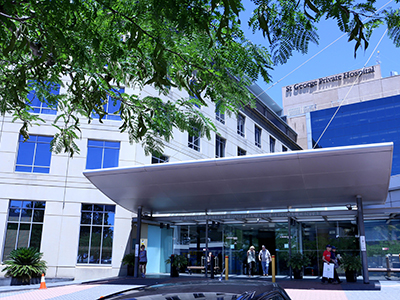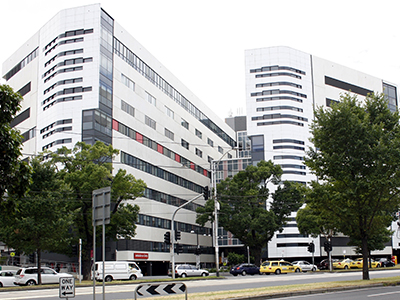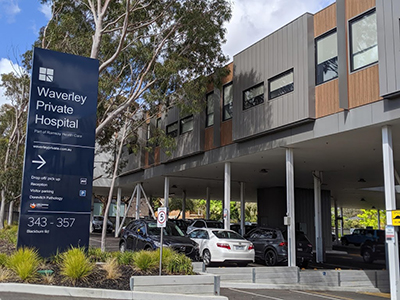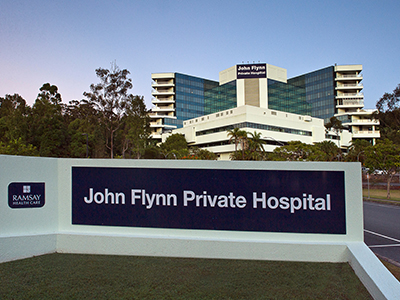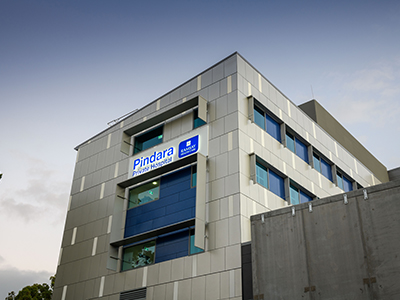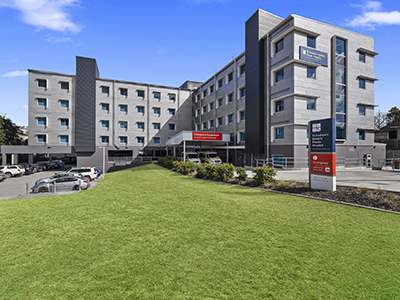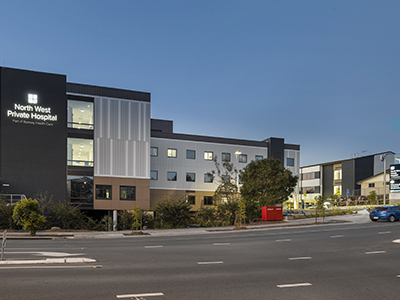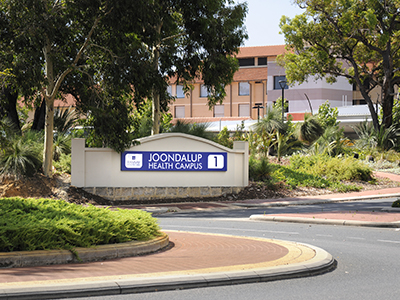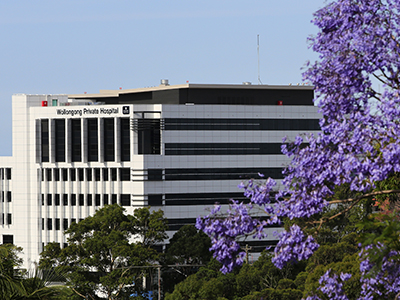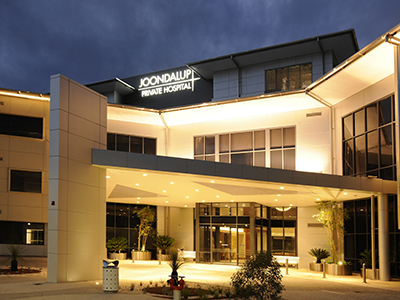
Your stay
Our maternity hospitals are designed to feel safe, calm and supportive. You’ll have a private, spacious room with a modern ensuite, giving you comfort and privacy during this special time.
If your baby needs extra care, our special care nurseries are close by. Our midwives are available around the clock to guide you through labour, birth and recovery. They’ll also help you and your partner or support person learn the essentials of feeding and caring for your newborn.
You can get to know our facilities and staff by booking a maternity tour before your stay.
Arriving at the hospital for labour
When you think labour has started, call your doctor or the birthing suite first. This helps us prepare for your arrival and makes the process smoother for you.
If you’re unsure, call the birthing suite. A midwife will talk through your symptoms and let you know whether to stay home a little longer or come in. Always call straight away if your water breaks, your contractions become regular, or you notice bleeding. Whether you’re in labour naturally or coming in for a planned caesarean, our priority is the wellbeing of you and your baby.
If you have a birth plan, share it with your obstetrician and midwives. They’ll discuss your wishes and what’s possible based on your circumstances. Birth can sometimes take unexpected turns, so flexibility is important to keep you and your baby safe.
Monitoring your baby during labour
Monitoring your baby's heart rate during labour and birth is an important part of care to support the health and well-being of both you and your baby. Depending on the situation, we will monitor your baby via: Click the plus sign (+) on the right side of any heading to expand and view more information.
Cardiotocograph machine (CTG)
Monitors your baby’s heart rate and your contractions electronically. At admission, we use CTG to establish a baseline and monitor your baby’s health.
Many of our hospitals offer wireless monitoring, allowing you to move more freely during labour. We’ll repeat monitoring as needed throughout labour, unless continuous monitoring is required.
Doppler ultrasound
A small device placed on your abdomen, used to check your baby’s heartbeat.
Fetal scalp electrode
Occasionally used if other methods are difficult. This device is a special lead that is applied directly to your baby’s head.
Newborn health tests and immunisations
To support your baby’s health from the start, we will provide tests and key immunisations. Click the plus sign (+) on the right side of any heading to expand and view more information.
Hepatitis B immunisation
Hepatitis B can affect the liver and cause long-term issues. To prevent your baby from becoming a carrier, with your consent, we administer a Hepatitis B vaccine shortly after birth, with additional doses up to age four. If you are Hepatitis B positive, your baby will also receive an immunoglobulin injection for immediate protection.
Infant hearing test
Around 1-2 in 1,000 babies may have hearing issues. This simple test, done while your baby is resting, takes 10 to 20 minutes and helps identify any hearing problems.
Newborn screening test
This test checks your baby for conditions like congenital hypothyroidism, cystic fibrosis, and metabolic disorders (e.g., PKU). With your consent, a small heel prick sample is taken between 48 to 72 hours after birth. Most results are normal, but if we detect something, we will reach out to you for further tests.
Vitamin K
To prevent a rare but serious bleeding disorder, all newborns receive a Vitamin K injection shortly after birth, with your consent. This injection helps with blood clotting and avoids Vitamin K deficiency bleeding.
Premium private experience
Following birth, you will have access to a private postnatal stay for up to four to five nights, depending on your individual circumstances and hospital availability. Many hospitals provide:
- Double beds to accommodate partners staying overnight.
- À la carte meal options offering a selection of nutritious foods.
- Access to postnatal physiotherapists where available, to support your recovery.
- Lactation support services which may include consultations with a lactation consultant.
Ramsay Newsroom
Stay up-to-date with hospital news, developments, research highlights and innovation.
